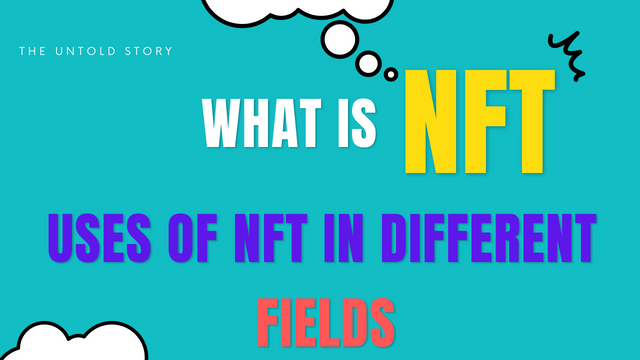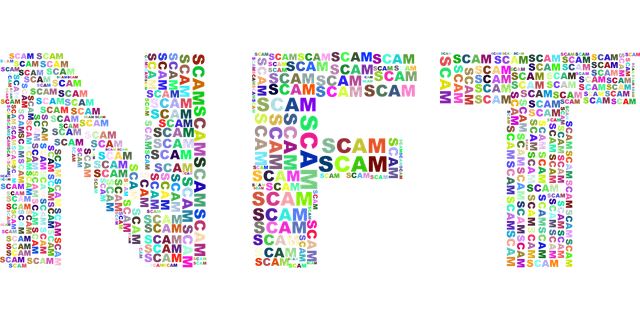Introduction:
NFT stands for Non-Fungible Token, which is a unique and indivisible digital asset stored on a blockchain. Unlike traditional cryptocurrencies like Bitcoin, which are fungible and interchangeable, NFTs are unique and cannot be divided or replicated.
They are often used to represent ownership of digital artwork, music, videos, collectibles, and other forms of digital content.

Made by Me on Canva
NFTs can be bought, sold, and traded on various online platforms and the ownership of an NFT is recorded on the blockchain, providing a transparent and secure way of tracking the ownership and transfer of these assets.
NFTs have gained popularity in recent years and are seen as a new frontier in the digital art and collectibles market.
Uses of NFT:
Non-fungible tokens (NFTs) have several use cases, including:
Digital Art and Collectibles: NFTs can be used to authenticate and sell digital art, rare collectibles, music, and video content.
Gaming: NFTs can be used as in-game items, such as weapons, vehicles, or characters, with unique attributes and scarcity.
Real Estate: NFTs can represent ownership of virtual real estate in virtual worlds, such as in MMORPGs or social VR platforms.
Identity: NFTs can be used to securely store and manage personal information, such as passport information, educational degrees, and more.
Ticketing: NFTs can be used to create secure, unique, and verifiable tickets for events, concerts, and more.
Content Monetization: NFTs can provide new revenue streams for content creators by allowing them to sell their works directly to their audiences.
